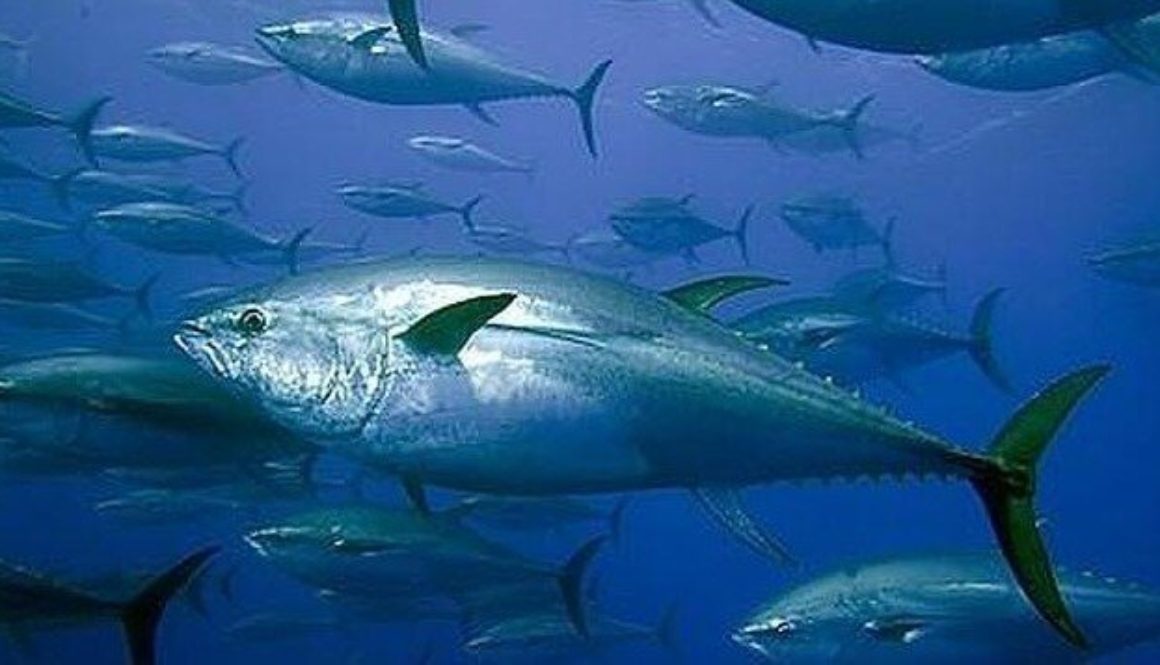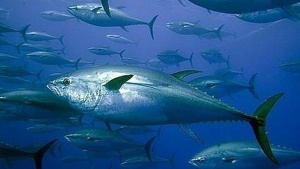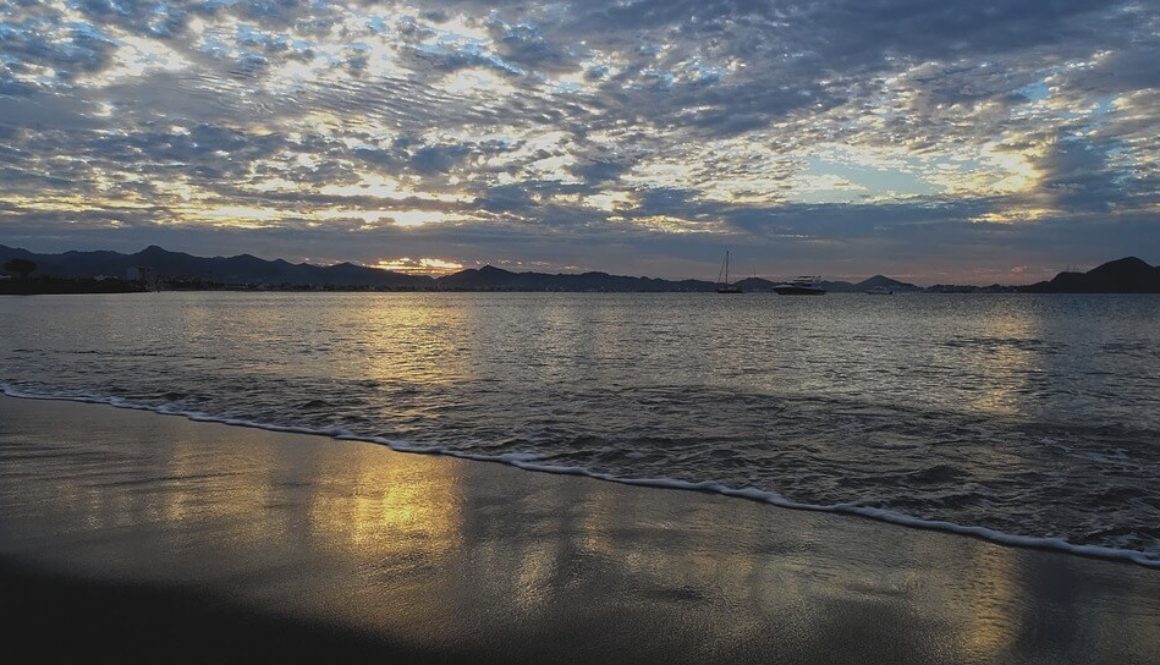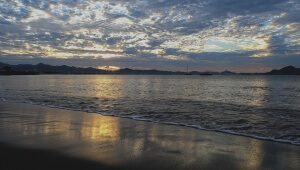
Low Impact Fishers of Europe:
Fishing for Opportunities for 2017
Brussels, 5th of september 2016
LIFE Platform
The European Commission recently launched a public consultation on fishing opportunities for 2017. Further information on this and other consultations can be found at: http://ec.europa.eu/dgs/maritimeaffairs_fisheries/consultations/index_en.htm
Please find below LIFE’s contribution on the way forward to tackle the main challenges faced by the sector in the year to come, including on how the levels of fishing effort and quotas are set according to the new Common Fisheries Policy and in relation to scientific advice about sustainable fishing.
During past months the members and staff of the Low Impact Fishers of Europe have been working hard to improve the environmental, economic and social framework within which the European small-scale fleet operates.
LIFE urges European and national institutions not to turn a blind eye on the complex situation affecting coastal communities throughout Europe, and is confident that the dedication and efforts of its members to improve the situation will be rewarded in the long run.
Background
Historically, small scale fisheries, specifically vessels under 12 metres using non-towed gears, have been overlooked by the CFP, with the notable exception of the 12-mile zone derogation. This has meant that previous CFP’s have focussed on larger scale, mobile gear fisheries, that are more industrial in nature and intensive in their impact on the fish stocks and wider environment.
The specific characteristics of smaller scale low impact fishing operations, providing as they do solutions to current problems of overfishing and ecosystem impact, have tended to be overlooked at both national and EU level in fisheries policies and the implementation thereof.
In LIFE’s experience, Producer Organizations set up to distribute and manage quota have tended to alienate small 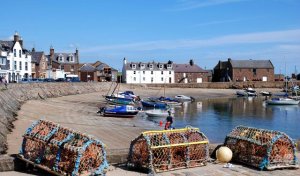
scale fishers, whilst catering to the needs of larger scale fishing operations. The use of historic catch records as the basis for allocating quota has restricted access of small scale fishers to quota species. In many sea areas, smaller scale fishing operations are increasingly reliant on non-quota species. This impacts on their profitability, as well as their ability to diversify and with the application of the landing obligation coming into force, in its currently understood form, will result in the forced closure of many small scale fishery enterprises due to their lack of quota for “choke” species. Unless these issues are addressed – restricted access to quota species and the consequent ‘choke species’ issue – the historic demise of small scale fisheries and the coastal communities they support is likely to continue.
Scientific Advice and Maximum Sustainable Yield (MSY)
LIFE supports the adherence to scientific advice in setting quotas, and the setting of fishing levels in line with achieving MSY targets (Fmsy). However, we feel that greater attention should be given to including the wealth of local knowledge of small scale fishers in decision-taking, in combination with scientific knowledge so as to put scientific advice within a socio economic context. By doing so, this will ensure that we don’t “throw the baby out with the bathwater”, maintaining the current upward trend in stock levels but at the same time providing sufficient fishing opportunities to maintain and even improve the viability of Europe’s extensive small scale fleet.
Further, given the historic alienation of small scale fishing activities from the quota allocation processes, LIFE advocates the use of positive discrimination and affirmative action to level the playing field with larger scale fishing interests as regards access for small scale fishers to quota and fishing areas.
In this regard, LIFE is disappointed that many of the provisions of Article 17 have been overlooked, particularly as regards the genuine use of criteria of an environmental, social and economic nature when allocating fishing quota, and the use of quota allocations to provide incentives to fishing vessels deploying selective fishing gear or using fishing techniques with reduced environmental impact.
Within the context of the Technical Measures Conservation Regulation proposal (COM (2016) 134), and the emerging Multiannual Plans (MAPs), LIFE would like to see greater use being made of areas reserved exclusively for the use of small scale low impact fishing operations, trawl free zones, and the temporal closure of spawning and other areas where fish may concentrate during certain seasons and life cycle stages.
Baltic Sea
LIFE has submitted its view on the Baltic Sea fish stocks’ TACs and accompanying measures following the ICES advice for 2017 to the BSAC and DG MARE services for the Baltic Sea. This is included as an annex below.
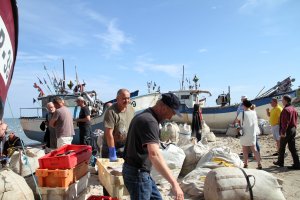 LIFE is extremely worried at the latest ICES advice for Western Baltic cod. A TAC of 917 tons would effectively mean a bankruptcy of many small-scale businesses, the backbone of coastal communities in most affected Member States. A multitude of reasons has led to this situation, including science shortfalls, long-term overfishing, the rise of recreational fishing, and ecosystem aspects. But it is crucially important to think outside the box and look for innovative longer-term solutions rather than haggling over the percentages of TAC reductions, which is bound to be very serious. LIFE calls for a recognition that just as we take utmost care for our most vulnerable fish stocks, we are obliged to take the utmost care for the most vulnerable fishers – the low impact small-scale fishers with no alternative whatsoever to fishing Western cod.
LIFE is extremely worried at the latest ICES advice for Western Baltic cod. A TAC of 917 tons would effectively mean a bankruptcy of many small-scale businesses, the backbone of coastal communities in most affected Member States. A multitude of reasons has led to this situation, including science shortfalls, long-term overfishing, the rise of recreational fishing, and ecosystem aspects. But it is crucially important to think outside the box and look for innovative longer-term solutions rather than haggling over the percentages of TAC reductions, which is bound to be very serious. LIFE calls for a recognition that just as we take utmost care for our most vulnerable fish stocks, we are obliged to take the utmost care for the most vulnerable fishers – the low impact small-scale fishers with no alternative whatsoever to fishing Western cod.
The situation calls for an array of measures to protect both the stock and the fishers directly dependent on it. These should include:
- Enhanced spawning protection through total trawling closure in Subdivisions 22 and 23 in February and March (2 months);
- A reallocation of quotas from trawl fleet to small-scale low impact fishers in the spirit of Article 17 of the Basic Regulation, at least until the stock clearly recovers;
- Measures to minimize by-catch of undersize and small cod, as well as tightened discards control;
- Stronger regulation of recreational fishing and raising their awareness on the Western cod situation;
- Taking targeted measures to reduce impact from increased seal population; and
- Smart use of EMFF funds to offset the tough effects of these measures.
North Sea, North East Atlantic, Iberian Atlantic and Bay of Biscay
For LIFE Members operating in these sea areas, one of the main issues of concern is access to quota species and the potential impact of the landings obligation in this regard.
A further concern relates to the situation of the bass stocks, and the ICES advice for zero catch levels (commercial and recreational fisheries) in 2017 based on a precautionary approach.
The livelihoods of many LIFE members using hook and line are critically dependent on access to bass stocks. A complete fishery closure would mean bankruptcy for these small scale enterprises.
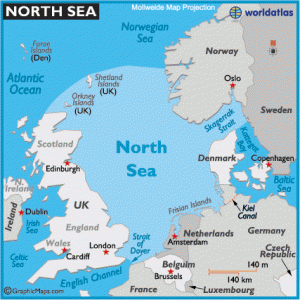 Observations from LIFE members in relevant member states on the availability of bass are contradictory. Along the French Atlantic coast, fishers using hook and line report a general absence of bass, both North and South of the 48th
Observations from LIFE members in relevant member states on the availability of bass are contradictory. Along the French Atlantic coast, fishers using hook and line report a general absence of bass, both North and South of the 48th
for catches of a variety of year classes, although the fishing has declined recently in some areas, whilst in the North Sea, many of the UK bass fishers have moved to potting for whelks. Dutch hook and line fishers report having had a poor year, although they have seen very significant shoals of juvenile Bass. The North Sea and eastern Channel fishers have reported large concentrations of undersized sea bass, raising very significant concerns that these shoals will be decimated by active gears such as those used by the very large Dutch fly shooters utilizing relatively small mesh nets.
With regard to this particular activity, we also highlight the concerns expressed by LIFE Members on the western coast of Denmark where the traditional ropes used by large fly shooting vessels have been replaced by steel wires. This, together with the very powerful engines used by these vessels is result
ing in the laying waste of the seabed by cutting off the limestone nodules that have provided effective protection for juveniles for decades. Prompt action now, and especially within the technical regulations would prevent any further damage being done to the long term sustainability of currently viable fisheries and the stocks on which they rely. This is an opportunity to reverse an approach that has almost inevitably resulted in only acting when a stock of fishery has already suffered degradation and the means of revitalising it are significantly more painful than if the problem had been addressed at the outset.
Mediterranean Sea
The fishery crisis in the Mediterranean Sea is of great concern to LIFE Members, where they consider that the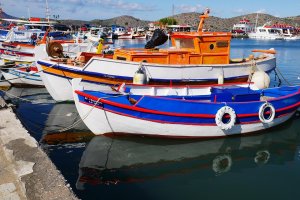 intensive use of trawls in sensitive inshore areas has had a major impact on both fish stocks and the supporting environment. They consider that there is a need to establish extensive trawl free areas in designated coastal waters which are sensitive habitats, and reproductive and nursery areas for many species.
intensive use of trawls in sensitive inshore areas has had a major impact on both fish stocks and the supporting environment. They consider that there is a need to establish extensive trawl free areas in designated coastal waters which are sensitive habitats, and reproductive and nursery areas for many species.
At the same time, it is clear that it would be wrong to lay the blame for all the ills of the Mediterranean exclusively at the feet of mobile gear operators. There is a fast growing recognition by smaller scale fishers that the Mediterranean is in dire need of an overarching and robust management plan that takes the impact of all gears into account, not just that of heavier mobile methods and that the responsibility for the rejuvenation of Mediterranean fisheries is the responsibility of all concerned and not just a single sector.
LIFE Members welcome the reported recovery of Bluefin tuna stocks in the Eastern Atlantic and Mediterranean Sea, and the proposal of the European Parliament “to distribute national quotas fairly among the various fleet segments giving consideration to traditional and artisanal fisheries, and to provide incentives to Union fishing vessels deploying selective fishing gear or using fishing techniques with reduced environmental impact.”
LIFE fervently hopes that this statement reflects the recognition by decision makers at all levels of the need to provide real and meaningful support to the 80% of the European Union fleet that is deemed to be small in scale but large in social, economic and environmental benefits if managed effectively.
Annex 1: LIFE comments on Baltic Sea fish stocks’ TACs
and accompanying measures following the ICES advice for 2017
Eastern cod and relation to pelagic species
LIFE is strongly concerned about the continued lack of analytical assessment of this stock by ICES, in spite of numerous efforts to this end. The lack of larger cod individuals and reliance on small number of incoming year classes increase risks ahead of this key Baltic Sea stock.
Furthermore, ICES points to increasing discard rate, which is most probably higher than 15%. LIFE Members’ observations confirm the information available to ICES that “modification of selectivity properties” does take place at large scale in demersal trawl fishery.
The condition of cod individuals has improved a little, but it is still much worse than long-term average; this must not be used as an excuse for complacency. There is no single cause of this phenomenon. However, LIFE Members point to a root cause of continued cod food deprivation, especially for 3 to 4-year-old cod, which should mainly feed on sprat in normal conditions. In LIFE’s view, it is because forage fish is simply not available, due to excessive effort exerted on pelagic species, particularly sprat in Subdivisions 25 and 26. ICES advice is quite clear on this.
The situation described above calls for a moderate TAC decrease, in view of increased risks for the stock. It is, however, immensely more important for decision-makers to adopt without delay measures leading towards:
- Much better food availability for 3 to 4-year-old and older cod individuals;
- Significant and strong decrease of discards. They are a disgrace to the region hitherto seen as example for the rest of Europe to follow.
Small-scale fishers of the Baltic Sea can ill-afford a repetition of the situation of Western cod stock in the East.
Sprat
LIFE considers that, in a situation of cod food deprivation in Central Baltic and on the basis of just one strong year class, the TAC increase suggested by ICES should not be followed. We hope that decision-makers shall act moderately here to avoid steep sprat TAC decreases in the future. LIFE recommends a rollover of the TAC with a robust spatial management plan to move large-scale pelagic effort away from SDs 25 and 26 and leave the sprat as prey for hungry cod, as advised by ICES.
Central Basin Herring
LIFE feels it necessary to bring to the table a worrying anecdotal evidence provided by one of our Members: some fishers specialized in herring for bait, operating in southern Swedish waters, have pointed out to very bad situation of herring in their area, with i.e. the fish growing very thin. This has resulted in some bait-specialized boats going out of business this year.
Impact of seal predation
LIFE calls upon ICES to take full account of the extent of fish mortality caused by the huge increase in seal population over the last decade. This is particularly important for the assessment of cod and salmon stocks. Furthermore, environmental organizations, as well as the relevant EU and national authorities, need to re-think their seal conservation policies to ensure that the balance in Baltic Sea ecosystem is kept.
♦ ♦ ♦
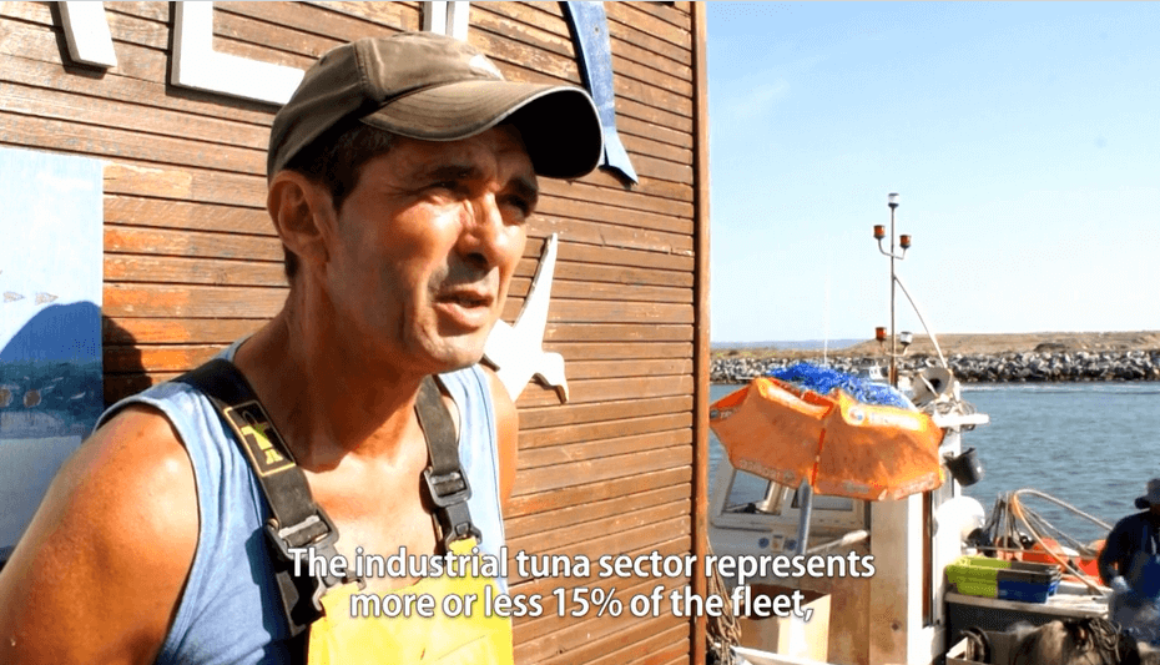


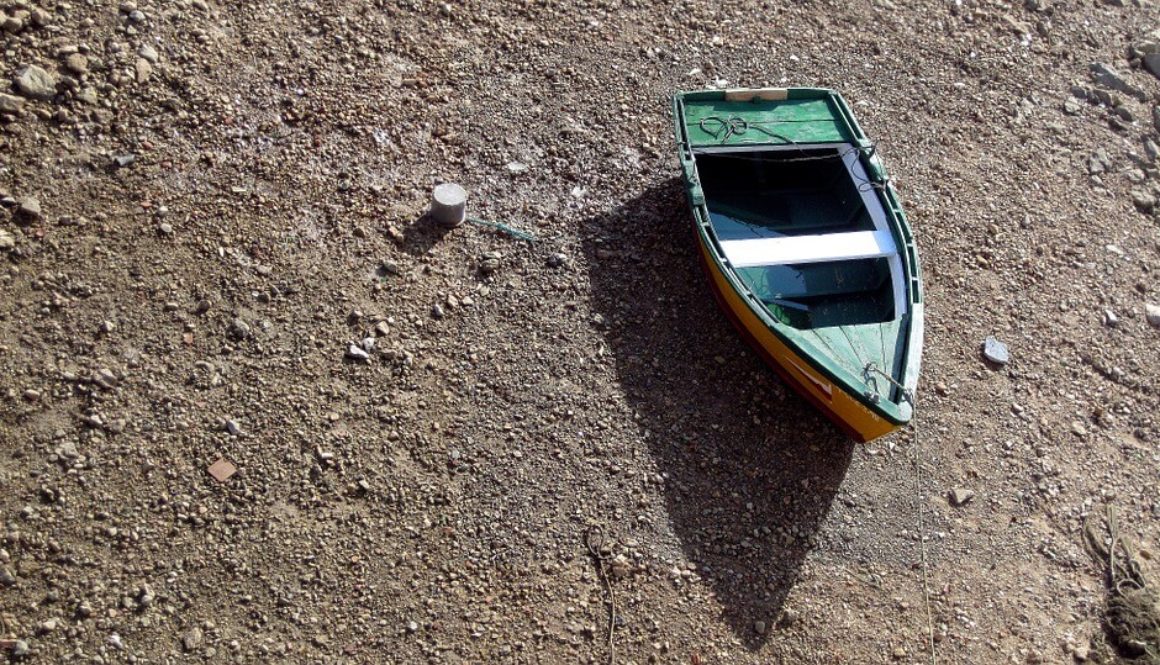
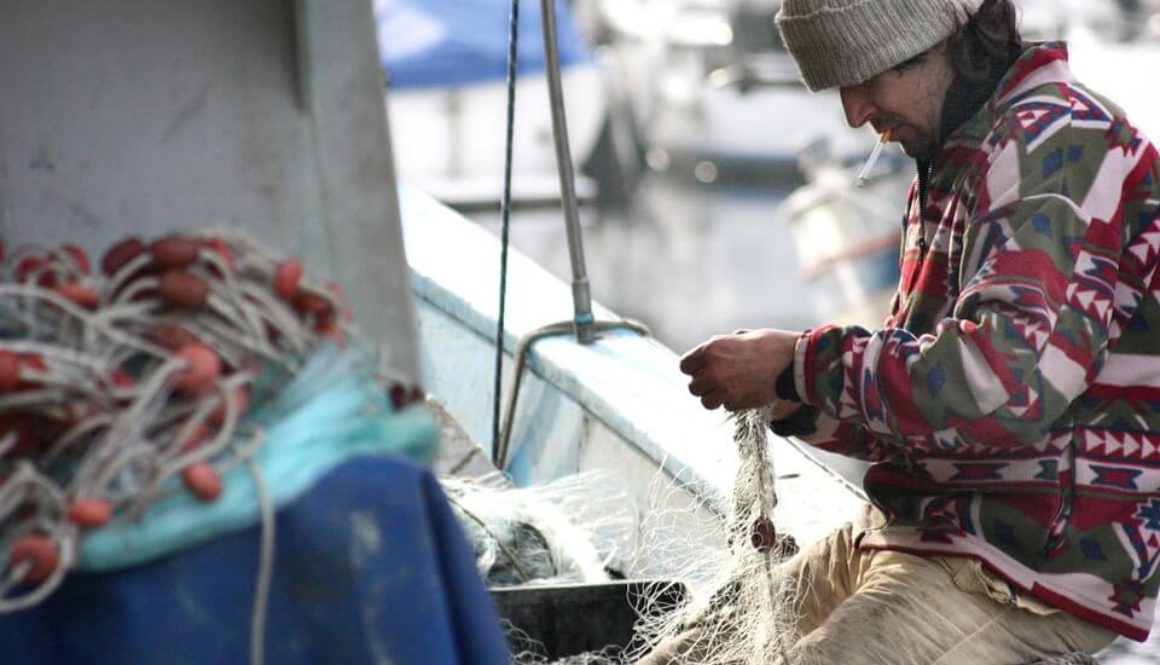
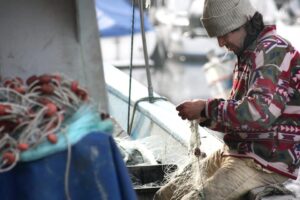

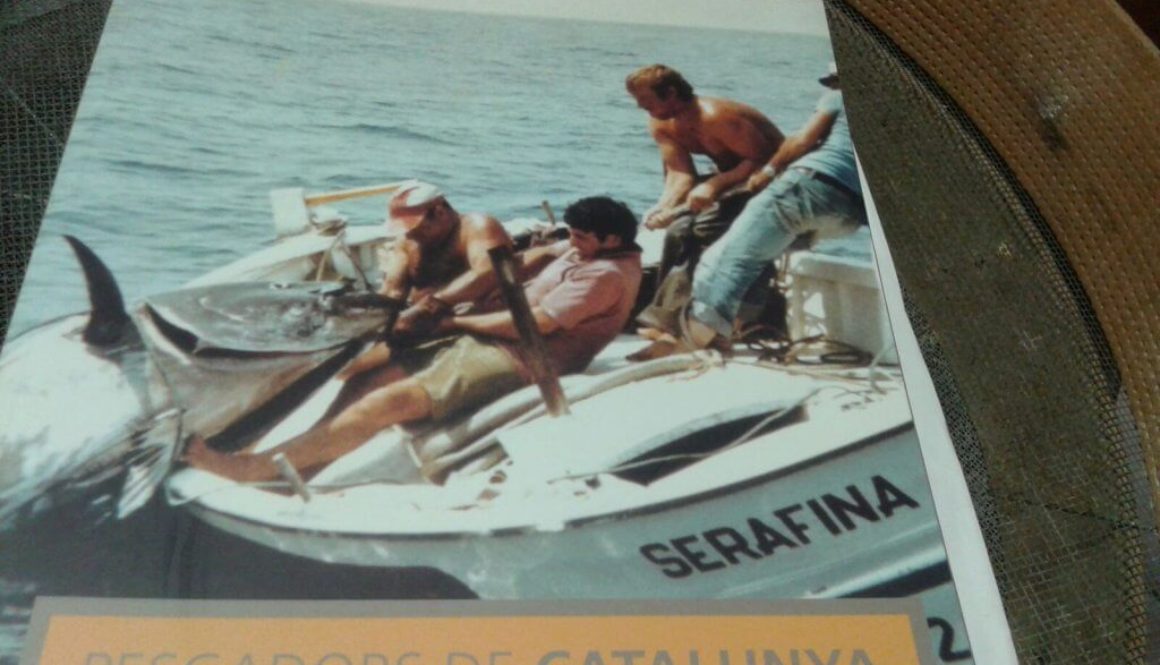
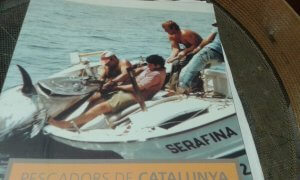
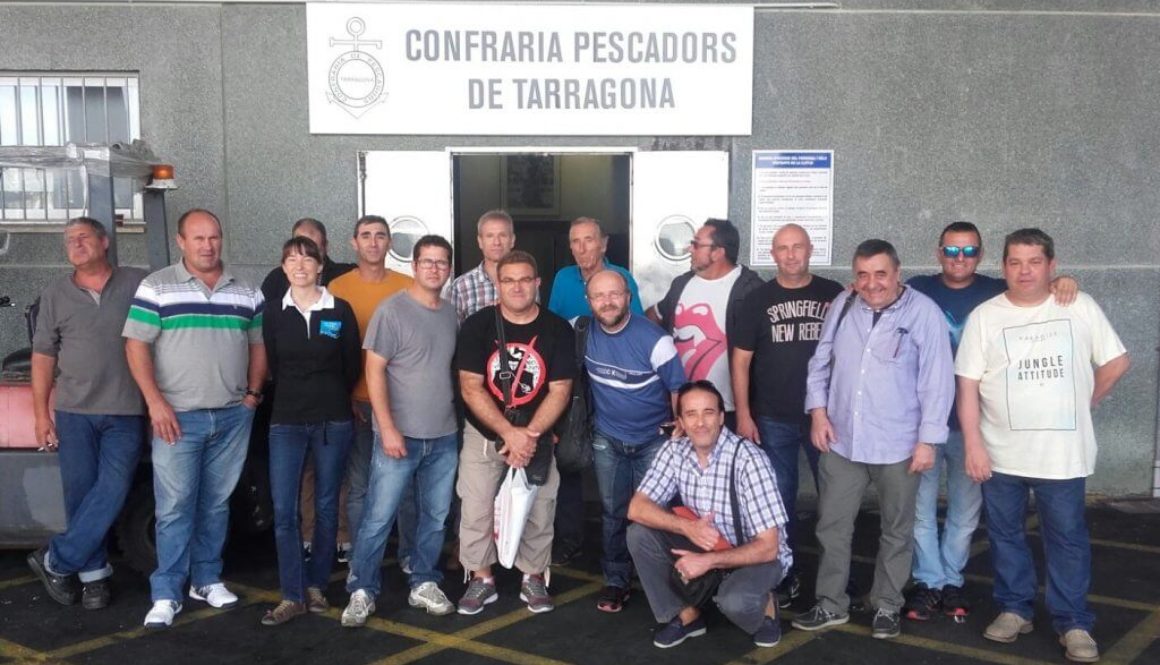
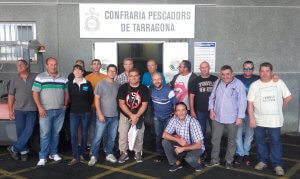



 LIFE
LIFE Observations from
Observations from  intensive use of trawls in sensitive inshore areas has had a major impact on both fish stocks and the supporting environment. They consider that there is a need to establish extensive trawl free areas in designated coastal waters which are sensitive habitats, and reproductive and nursery areas for many species.
intensive use of trawls in sensitive inshore areas has had a major impact on both fish stocks and the supporting environment. They consider that there is a need to establish extensive trawl free areas in designated coastal waters which are sensitive habitats, and reproductive and nursery areas for many species.